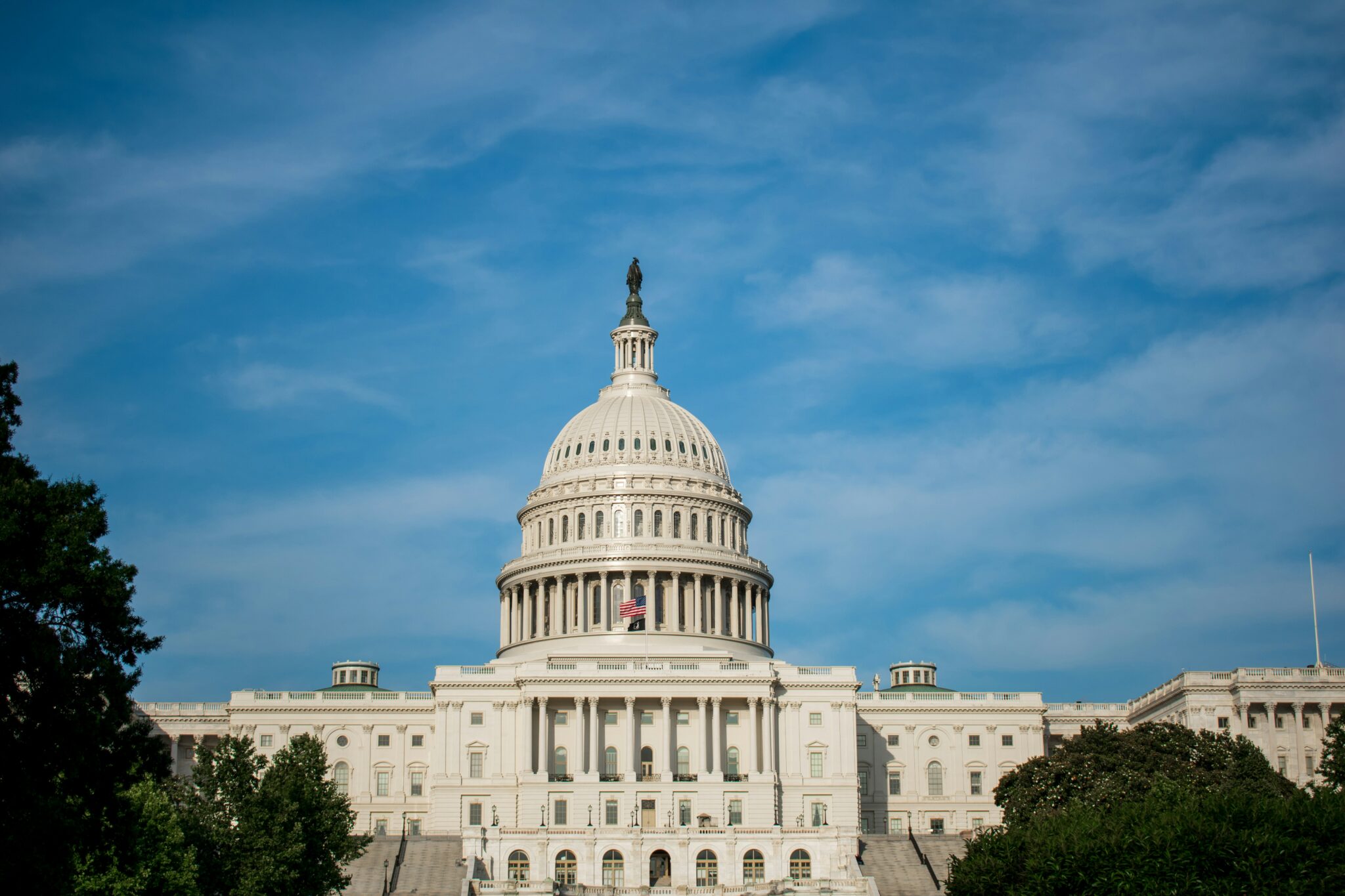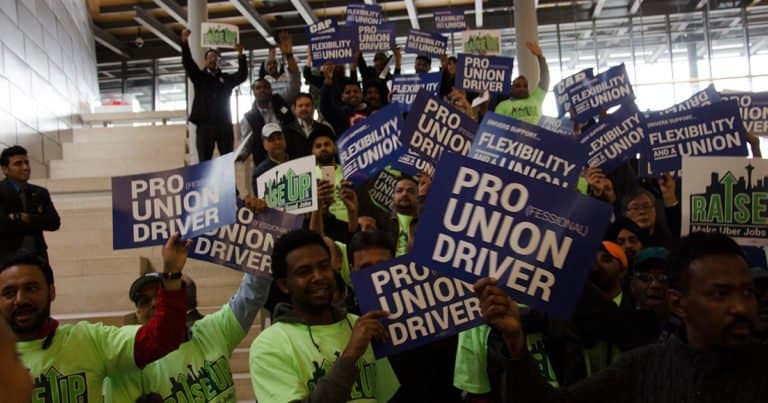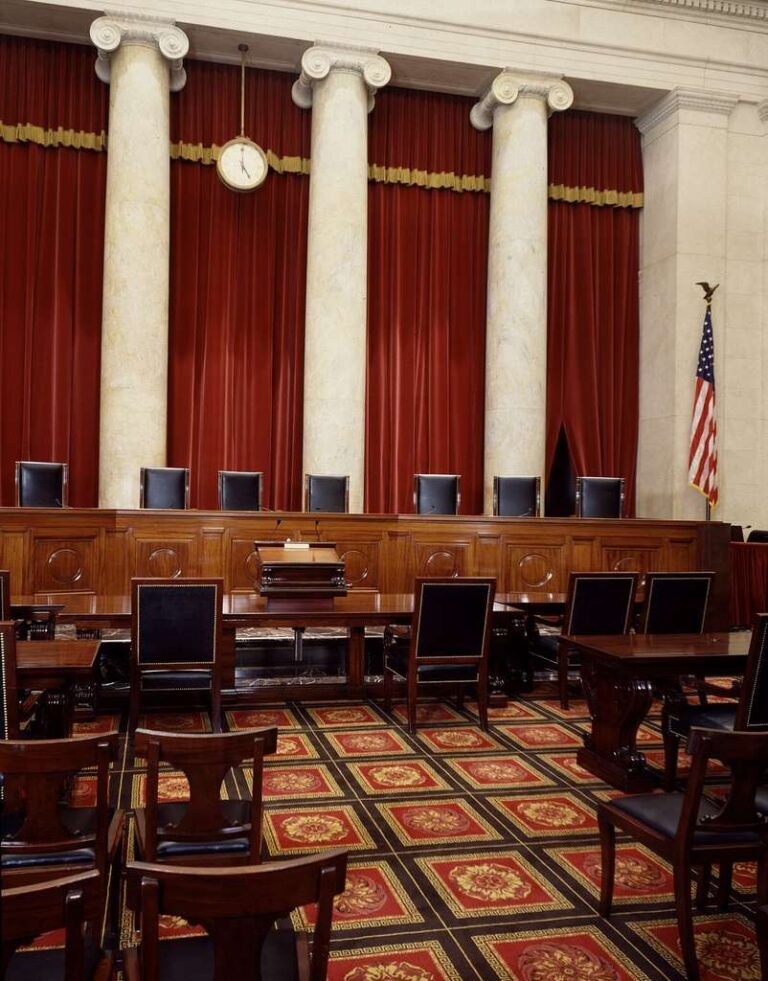
Holden Hopkins is a student at Harvard Law School.
In today’s News & Commentary, federal agencies work to beat the CRA deadline and the NLRB is seeking an injunction with impacts on an eighteen month-long strike.
The Department of Labor and the Equal Employment Opportunity Commission are among federal agencies working to get rules out to beat the potential deadline imposed by the Congressional Review Act. The CRA gives Congress a 60-day window to vote to “disapprove” regulation, and generally only comes into effect when there is a shift in party control of both Congress and the White House. Should Republicans win the Senate and Presidency this November while holding on to the House, agency rules issued by the Biden administration after this deadline could be vulnerable to the CRA.
While currently uncertain, the CRA deadline could be as early as mid-May or as late as August. Rules already finalized by the agencies include limits on silica exposure for miners, allowing “third-party” worker representatives to join on OSHA safety inspections, and the EEOC’s Pregnant Workers Fairness Act regulations that Sunah covered last week. Several other rules were recently cleared by the White House budget office and could be published any day. Among them are rules to expand labor rights for temporary agricultural workers, to expand overtime pay protections, and a rule on OSHA hazard communication.
After eighteen months on strike, Pittsburgh Post-Gazette newsroom workers finally received word on Thursday that the NLRB was moving forward in seeking a 10(j) injunction against their employer. This news follows Elyse’s reporting last week that one of the five unions striking against the Post-Gazette was dissolving after accepting a settlement. The Board has authorized the regional office to seek this injunction in the case of the four remaining unions, stating that it is intended to bring the company back to the bargaining table. Zach Tanner, president of the Newspaper Guild of Pittsburgh, called the news a “validation that our fight is just and will be won in short order.”






Daily News & Commentary
Start your day with our roundup of the latest labor developments. See all
October 20
Supreme Court won't review SpaceX decision, courts uphold worker-friendly interpretation of EFAA, EEOC focuses on opioid-related discrimination.
October 19
DOL issues a new wage rule for H-2A workers, Gov. Newsom vetoes a bill that regulates employers’ use of AI, and Broadway workers and management reach a tentative deal
October 17
Third Circuit denies DOL's en banc rehearing request; Washington AG proposes legislation to protect immigrant workers; UAW files suit challenging government surveillance of non-citizen speech
October 16
NLRB seeks injunction of California’s law; Judge grants temporary restraining order stopping shutdown-related RIFs; and Governor Newsom vetoes an ILWU supported bill.
October 15
An interview with former NLRB chairman; Supreme Court denies cert in Southern California hotel case
October 14
Census Bureau layoffs, Amazon holiday hiring, and the final settlement in a meat producer wage-fixing lawsuit.